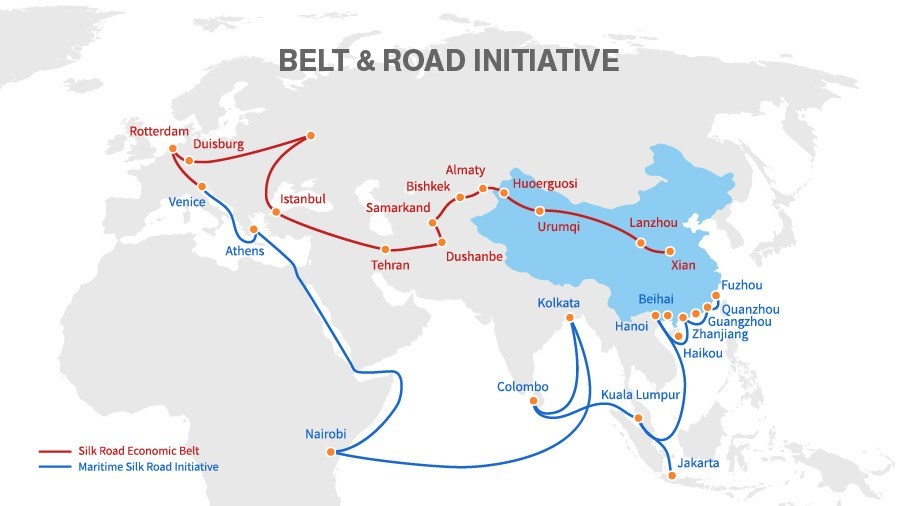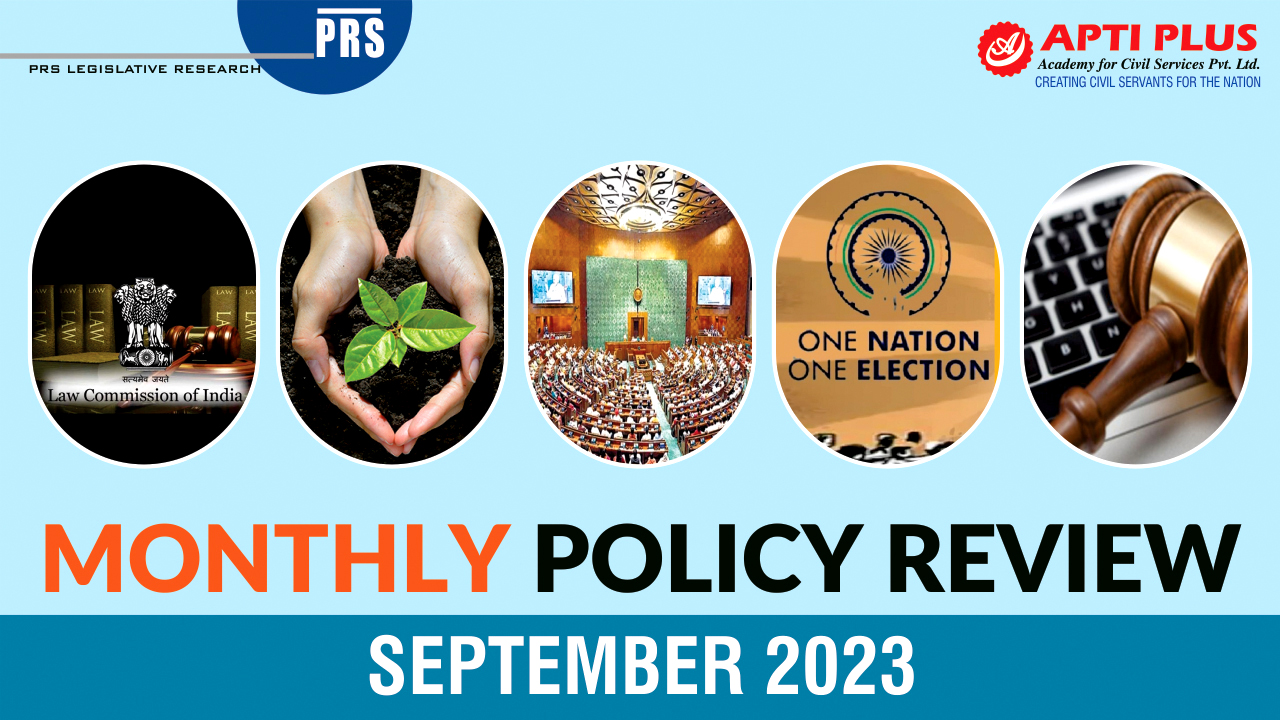Description

Disclaimer: Copyright infringement not intended.
Context
- The People’s Republic of China’s (PRC) Belt and Road Initiative (BRI) celebrated its 10th anniversary on September 6, 2023.
READ ALL ABOUT CHINA'S BRI: https://www.iasgyan.in/daily-current-affairs/italy-to-walk-out-of-chinas-belt-and-road-initiative
BRI
- The project was officially launched in 2013 in Kazakhstan.
- It was initially called the One Belt One Road Project.
- Often called a new "Silk Route", it consists of maritime corridors and shipping routes to connect China with crucial ports and cities in Asia and Europe.
- Chinese construction companies are given contracts, which are funded by Chinese banks, for the development of ports and trains.

India’s Response to the Chinese Belt and Road Initiative
- India's position on the OBOR project has been more or less consistent since the initiative was first launched in 2013.
- The government is of firm belief that connectivity initiatives must be based on
- Universally recognized international norms,
- Good governance,
- Rule of law,
- Openness,
- Transparency and equality, and
- Must be pursued in a manner that respects sovereignty and territorial integrity.
- The inclusion of the so‑called China‑Pakistan Economic Corridor (CPEC), passes through parts of the Indian state of Jammu & and Kashmir under illegal occupation of Pakistan.
Note: CPEC is a flagship project of OBOR reflects a lack of appreciation of India’s concerns on the issue of sovereignty and territorial integrity.
- The government has conveyed to the Chinese side its concerns about their activities in Pakistan Occupied Kashmir and asked them to cease these activities.
|
PRACTICE QUESTION
Q. China's Belt and Road Initiative is an embodiment of its debt-trap diplomacy. Also, it raises concerns about the financial sustainability of the projects along with the social and environmental impact of the infrastructure projects. Discuss.
|













